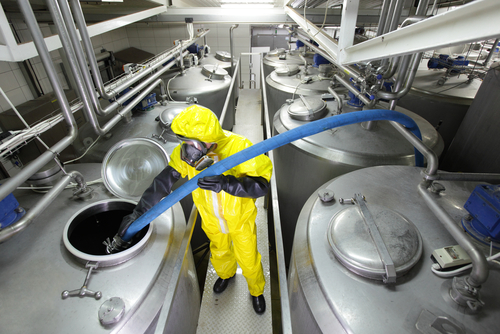U.S. Sens. James Lankford (R-OK), Gary Peters (D-MI), Shelley Moore Capito (R-WV), and Tom Carper (D-DE) have introduced a bipartisan bill to extend the Chemical Facility Anti-Terrorism Standards (CFATS) program, which is set to expire on July 27, 2023.

The program was created after national security experts recognized a security vulnerability among chemical facilities following the September 11, 2001, terrorist attacks and the 1995 Oklahoma City bombing.
Managed by the Cybersecurity and Infrastructure Security Agency (CISA), the CFATS program identifies and regulates chemical facilities that are vulnerable to terrorist exploitation. Facilities that are regulated by CFATS must report what chemicals they store to CISA, and if deemed high-risk, the facility then develops a plan to address three main security issues: release, theft or diversion, and sabotage.
The CFATS regulation applies to facilities across many industries: chemical manufacturing, storage and distribution, energy and utilities, agriculture and food, explosives, mining, electronics, plastics, colleges and universities, laboratories, paint and coatings, and healthcare and pharmaceuticals, among others. As of May 2023, CFATS covers approximately 3,200 facilities.
According to the senators, terrorists are more likely to use industrial and other commercially available chemicals than sophisticated nerve agents such as sarin due to their widespread prevalence, relatively simple pathway to weaponization, and potential to cause serious harm.
Lankford said, “We have to make sure these dangerous chemicals don’t fall into the wrong hands or get exploited by terrorists. We must maintain these critical protections for our national security.”
CFATS has been extended with bipartisan support by Congress four times, including most recently in 2020 through efforts led by Lankford, Peters, and Carper. The senators’ new bill would extend the program for another five years.
Many industry stakeholders, including manufacturers like Dow North America and BASF Corp. and groups like the American Chemistry Council and the Fertilizer Institute, have expressed support for the bill.
